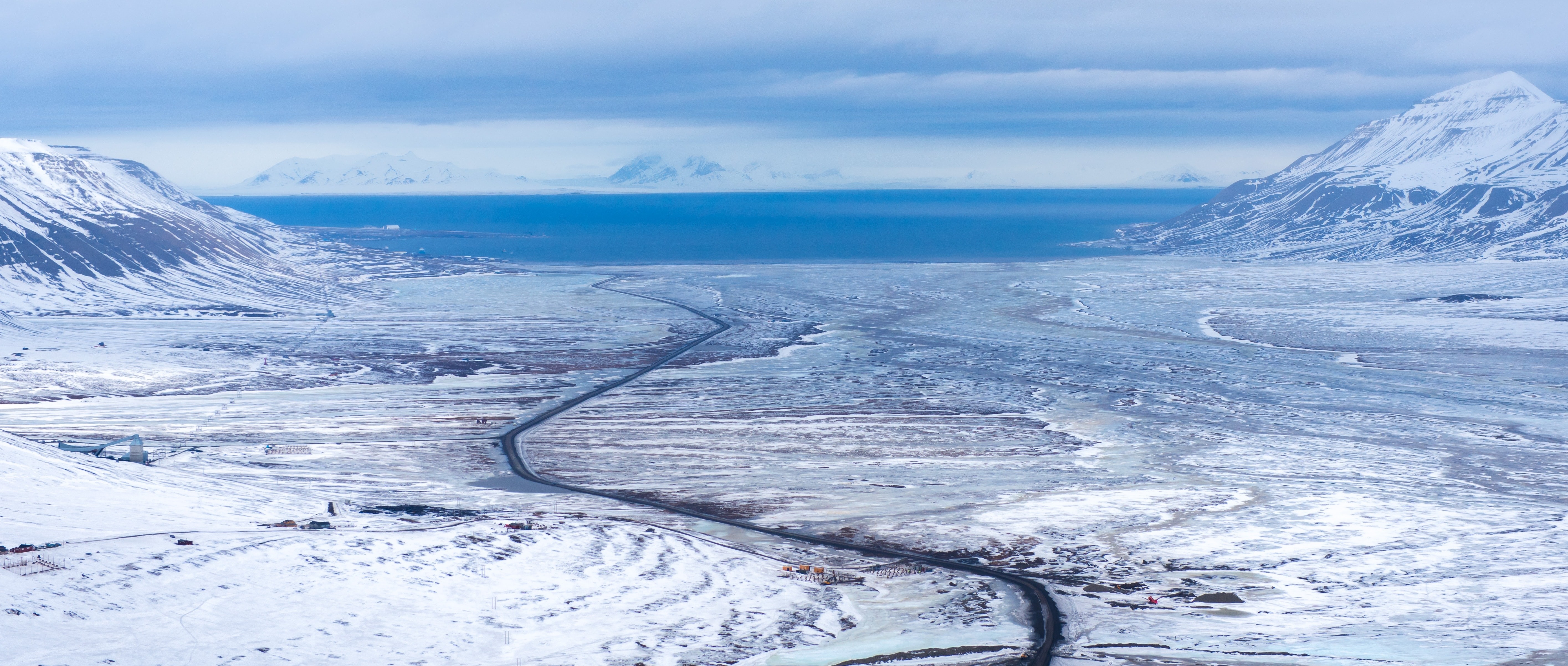The PROVIDE project examines various risk scenarios for high levels of global warming and the possible irreversible effects of exceeding the 1.5-degree climate target in the Paris Agreement. This includes rising sea levels, melting of permafrost and glaciers, and the loss of species on land and at sea.
To meet the adaptation needs in different climate scenarios, PROVIDE will deliver innovative climate services that contain comprehensive information on impacts under different scenarios from global to regional and local levels. These services will in turn inform adaptation measures. The project aims to:
- Produce global climate scenarios and climate information that integrate and quantify impacts across different sectors.
- Assess uncertainties in the climate system to provide comprehensive risk assessments of exceeding the climate targets.
- Develop a generalizable method for adaptation strategies.
- Identify and prioritize the need for adaptation in four iconic case study regions and cities:
Arctic Fennoscandia, with a focus on Bodø, Norway.
The Iberian Mediterranean, with a focus on the Lisbon Metropolitan Area.
The Upper Indus Basin, with a focus on Islamabad.
The Bahamas, with a focus on Nassau.
- Integrate all project results into a PROVIDE Climate Service Dashboard - an open-access web-tool providing global-to-city-scale climate impact information to support adaptation.
Nordland Research Institute is primarily involved in the case study of the Arctic Fennoscandia region and Bodø municipality. The project has a total of 17 partners and is coordinated by Humboldt University in Berlin.





